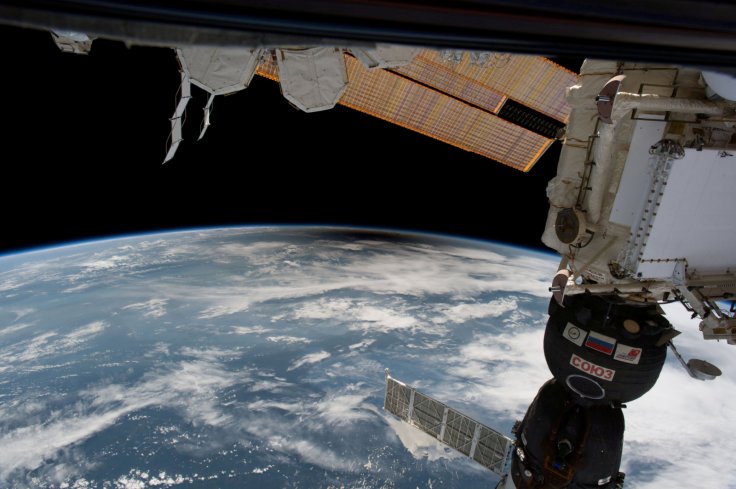
A new study report published in the journal Biome has revealed that bacteria and other microbes that live in the International Space Station (ISS) could corrode the entire spacecraft. The study also found that bacteria and fungi at the ISS could cause diseases and form biofilms that promote antibiotic resistance.
The research report also revealed that the bacteria and other unicellular organisms found in the ISS have mainly come from humans who visit the space station. These bacteria were similar to those found in public places on earth.
"The ISS is a hermetically sealed closed system, subjected to microgravity, radiation, elevated carbon dioxide and the recirculation of air through HEPA filters, and is considered an extreme environment," said Dr Kasthuri Venkateswaran, a senior research scientist at NASA's Jep Propulsion Laboratory, and the co-author of the study, Daily Mail reports.
Kasthuri also added that some microbes might be living in the International Space Station since the station's inception, while some others may be introduced to the new environment when new astronauts reach the space station.
"The influence of the indoor microbiome on human health becomes more important for astronauts during flights due to altered immunity associated with space flight and the lack of sophisticated medical interventions that are available on Earth," added Kasthuri.
Kasthuri also made it clear that determining the microbes in spacecraft will be quite crucial while conducting long space flights including future Mars missions.
NASA believes that the study report can be used to improve the safety measures for deep space human explorations.
A few months back, a team of Russian scientists had warned that a deadly bacteria that could arrive from the space could create havoc on the earth. In their study report, researchers noted that bacteria living in the International Space Station have mutated and are now highly aggressive.









